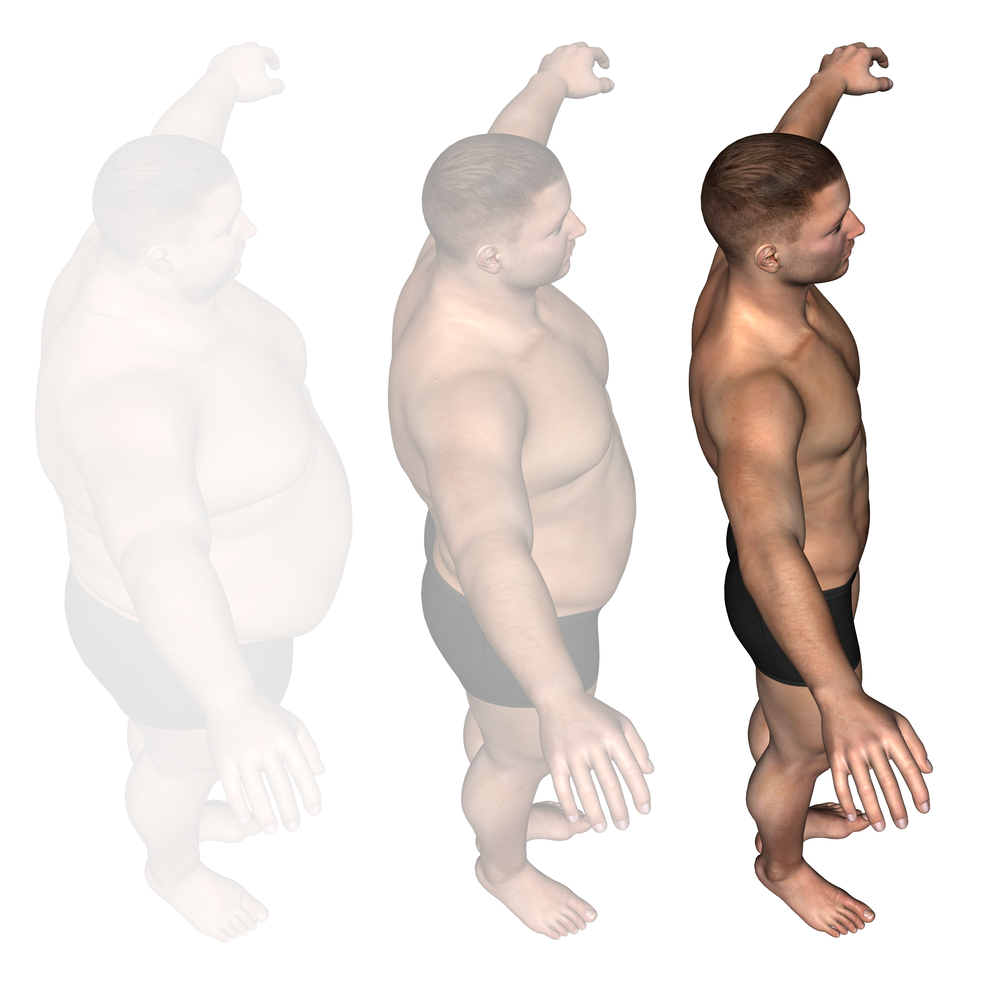Fly In For Surgery
Live far away? Contact us today to learn about lodging arrangements for out of town patients.
LEARN MORE
Posted on August 15, 2015 in Abdominoplasty
Patients commonly ask what is the difference between tummy tuck and liposuction. They are both types of body contouring surgery. Tummy tuck and liposuction may improve definition and contour of the abdomen through very different techniques. Tummy tuck surgery involves resection of excess skin and fat, whereas liposuction removes fatty deposits only. Clinical examination will determine whether tummy tuck, liposuction, or sometimes a combination of both surgeries may best help a patient achieve his or her aesthetic goals.
Tummy tuck is a surgery that removes redundant skin and fatty tissue of the abdomen. It is performed under general anesthetic. An incision is made along the lower abdomen from hip to hip and around the belly button. Skin and fatty tissue are elevated above the abdominal wall to the level of the rib cage and xiphoid process. The soft tissues are redraped and excess skin and fat is removed at the level of the lower incision. Often following pregnancy or significant fluctuation in body weight, patients may develop a “rectus diastasis”, which is a separation or gap between the abdominal muscles centrally. Patients may feel this muscle separation when performing a sit-up and often report decreased core strength. During tummy tuck, the rectus muscles are stitched together and tightened through what is called the rectus plication. The belly button stays attached to the abdominal wall during the procedure to maintain its blood supply. It is brought out through the abdominal skin after the excess skin has been removed. Excess fatty tissue (“love handles”) in the flank region is not addressed by tummy tuck alone. Liposuction may be performed in combination with tummy tuck for these cases to remove the fatty deposits and improve contour of the flanks during the same surgery.
Liposuction is a less invasive surgical procedure than tummy tuck. It removes localized fatty deposits but does not remove any skin. Depending on the extent of liposuction and body regions being treated, it may either be performed under general anesthetic or conscious sedation. For optimal results and to lower risk of complications, patients considering liposuction should be within 10% of their ideal body weight. It is an appropriate technique to address localized fatty deposits that are unresponsive to diet and exercise. Liposuction will not result in significant body weight reduction, rather it is a tool for body contouring and increasing definition. A few small incisions are made – 3-4mm in length – to allow for the liposuction cannula (tube) to be placed. A solution of local freezing, epinephrine, and saline is first injected. This helps break down the fat cells and reduce bleeding, bruising, and discomfort following surgery. The fat deposits are then suctioned to improve body contour. The front of the abdomen and flank regions are common sites for liposuction in appropriately selected patients. Since liposuction removes fatty deposits alone and no skin, it is important for patients to have normal skin elasticity. Contour improvements depend on skin contraction and tightening after surgery. Although liposuction would remove fat deposits in a patient with decreased skin elasticity, loose skin may result and lead to a suboptimal aesthetic result. Tummy tuck is generally a more appropriate surgery for patients with decreased skin tone.
Following both tummy tuck and liposuction, it is advised to refrain from strenuous activity, exercise, or heavy lifting for 4 weeks. These activity restrictions are intended to lower the risk of bleeding, bruising, or accumulation of fluid or blood within the tissues following surgery. After tummy tuck, abdominal exercises should not be performed for 6 weeks to reduce risk of healing complications at the muscle repair site. An abdominal binder is recommended following tummy tuck surgery for 4-6 weeks. Potential advantages of the abdominal binder were discussed in a recent blog. Following abdominal liposuction, I also recommend a compression garment (usually Spanx®) to be worn for one month to reduce risk of fluid (seroma) accumulation and swelling as well as to improve contour.
To schedule a consultation to discuss body contour procedures in more detail, please contact us today! Dr. Power will carefully discuss whether tummy tuck or abdominal liposuction may be right for you.
While making the decision to undergo plastic surgery can be life-changing, it is also important to educate yourself regarding
LEARN MOREWhile pregnancy and breastfeeding are exciting experiences in life, they can also change the look and feel of breasts. Many
LEARN MOREFor patients who have decided to undergo a breast procedure, it is important to understand what to expect during the
LEARN MOREFill out the form below to schedule your consultation today.
Live far away? Contact us today to learn about lodging arrangements for out of town patients.
LEARN MOREWant to hear more from Dr. Power? Check out our blog for monthly updates and procedure information.
LEARN MOREWe are transparent about pricing. Just let us know which procedure you are interested in and we will give you a range!
LEARN MOREyou may learn more and book your elective
plastic surgery online. Click here to book a
time that is convenient for your busy schedule.
If you have further questions before booking,
please submit our intake form.